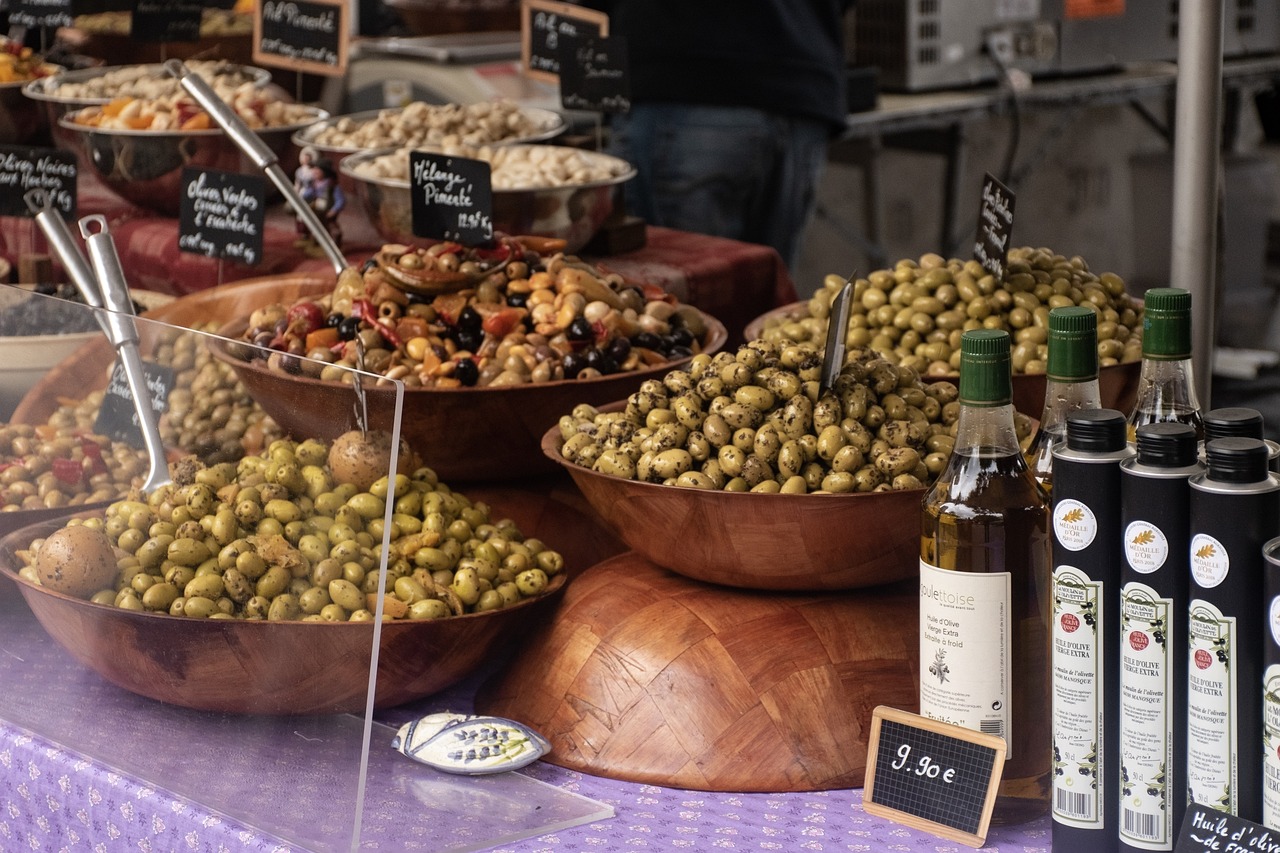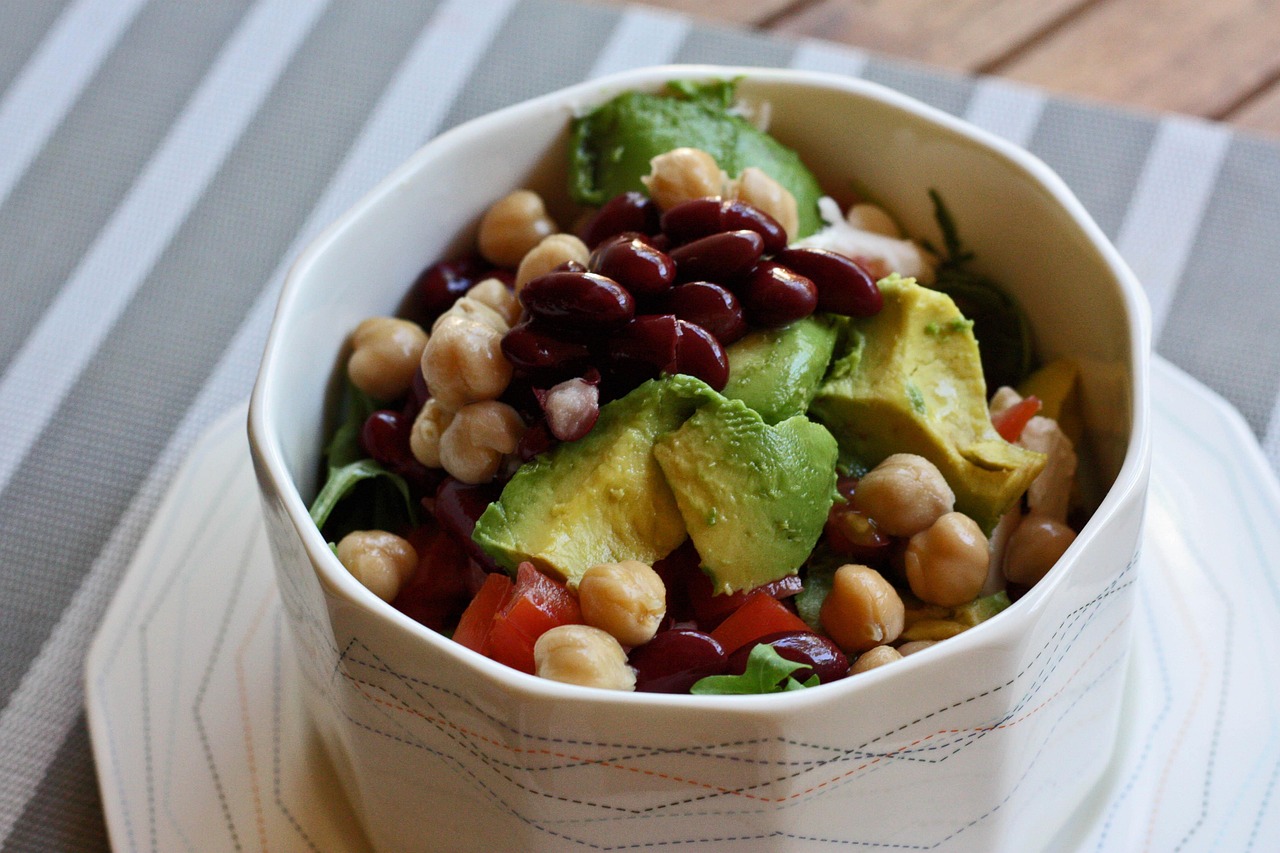The world of gastronomy is a vast and diverse one, with each culture contributing its unique flavors and culinary techniques to the global table. One of the most exciting events that bring these diverse culinary traditions together is a food festival. In English, such an event is referred to as a "food festival" or "culinary festival," a term that encapsulates the joy of food, the art of cooking, and the community of eaters.
A food festival is a celebration of the culinary arts, where local and international chefs, food vendors, and food enthusiasts gather to showcase a variety of dishes, ingredients, and cooking styles. These events are not just about eating; they are about experiencing the culture, history, and creativity that goes into the preparation and presentation of food.
The English language, being a global lingua franca, plays a significant role in the promotion and understanding of food festivals worldwide. It is the medium through which information about these events is disseminated, and it is the language in which many of the discussions, workshops, and cooking demonstrations take place.
At the heart of a food festival is the concept of "foodie," a term used to describe someone with an avid interest in food and cooking. Foodies are often the driving force behind these events, seeking out new flavors and culinary experiences. They are the ones who line up for tickets, share their experiences on social media, and engage in discussions about the best dishes they've tried.
The English language also provides a rich vocabulary for describing the sensory experiences of food. Words like "savory," "sweet," "spicy," "tender," and "crispy" help to paint a picture of what a dish might taste or feel like. These descriptors are essential for food critics and bloggers who attend food festivals, as they aim to convey the essence of their culinary experiences to their readers.
Food festivals often feature a variety of themes, which can be expressed in English. For example, a festival might focus on "street food," "farm-to-table cuisine," "ethnic delicacies," or "sustainable seafood." These themes not only guide the types of food served but also the conversations that take place around them. They encourage discussions about food sourcing, culinary traditions, and the impact of food choices on health and the environment.
In addition to the food itself, food festivals are also about the experience. The English language has terms like "ambiance," "atmosphere," and "vibe" to describe the overall feeling of an event. These words help to convey the energy and excitement that food festivals generate, as well as the sense of community that they foster.
One of the most important aspects of a food festival is the opportunity for learning. English phrases like "culinary workshops," "chef demonstrations," and "food tastings" are used to describe the educational components of these events. Attendees can learn about new cooking techniques, ingredient sourcing, and food pairings, all while engaging with experts in the field.
The English language also plays a role in the marketing and promotion of food festivals. Catchy phrases and slogans are used to attract attendees and create a sense of excitement. For example, a festival might be advertised as "A Taste of the World," "A Culinary Adventure," or "The Ultimate Foodie Experience." These phrases not only pique interest but also set expectations for what attendees can expect from the event.
Food festivals are also a platform for innovation in the culinary world. English terms like "fusion cuisine," "experimental cooking," and "molecular gastronomy" are used to describe the cutting-edge techniques and combinations that chefs might showcase. These terms help to highlight the creativity and experimentation that is often a hallmark of food festivals.
Finally, the English language is crucial in the global exchange of culinary knowledge that food festivals facilitate. English, being widely spoken, allows for easy communication between chefs and attendees from different countries. It enables the sharing of recipes, techniques, and food culture across borders, contributing to the rich tapestry of global cuisine.
In conclusion, the English language is an integral part of the food festival experience. It is the medium through which the joy of food is shared, the art of cooking is discussed, and the community of eaters is connected. From the terminology used to describe food and experiences to the promotion and education that takes place, English plays a vital role in making food festivals the vibrant, global events that they are. Whether you're a foodie, a chef, or simply someone who loves to eat, a food festival offers a unique opportunity to immerse yourself in the world of gastronomy, all through the lens of the English language.
















 京公网安备11000000000001号
京公网安备11000000000001号 渝ICP备2020013839号-1
渝ICP备2020013839号-1